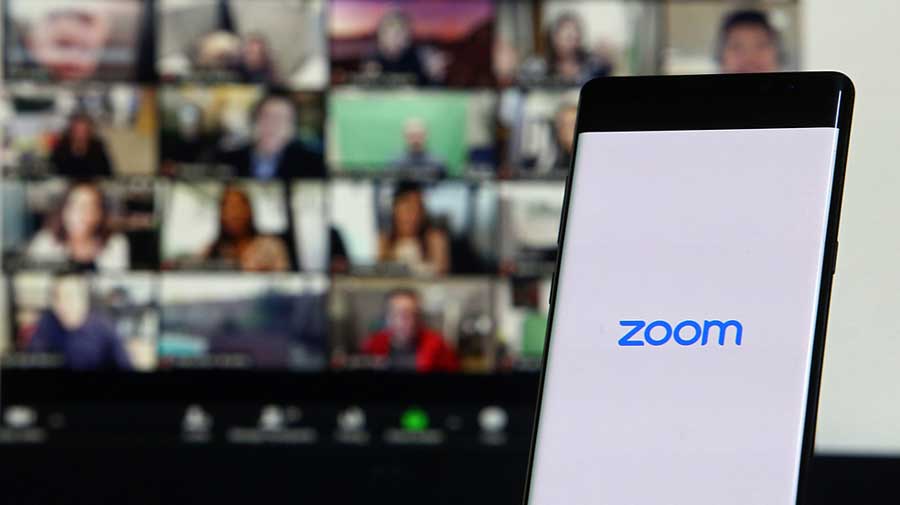Most people are glad that they put the nightmare that was the year, 2020, behind them. This may have something to do with the sea changes the year brought — an almighty shove in the direction of the Digital Age was among the turbulences. But the Luddites may be celebrating a bit too soon. The vaccines are being rolled out to save the world from the dreaded coronavirus, but there is no respite yet from the Zoom meeting; neither offices nor colleges are willing to zoom out yet. Zoom, therefore, is in. As the raging pandemic pushed people out of the real world and into the virtual one, suddenly everything — from school and work to birthday parties and funerals — began to be held on Zoom. Such was its popularity that Zoom not only became the ‘verb of the year’ but it also became a noun. Only Google can rival this feat of grammatical pole-vault — it went in the opposite direction, becoming a verb from a noun in 2006.
Language, the adage goes, mirrors history in miniature. The roots that technology is putting down in language then are a reflection of the future. But this metaphorical mirror also sports a deep crack. One one side of the chasm lies the child with multiple electronic devices of his own. He speaks the language of technology fluently, cleverly switching off the video feed to the online class streaming on his tablet to play video games on his phone. On the other side are children, such as the girls from Howrah and Kerala, who decided to end their lives because their families could not afford a single smart device on which they could attend these New Age classes. According to the 75th round of National Sample Survey conducted between July 2017 and June 2018, just 4.4 per cent rural households in India have a computer against 14.4 per cent in urban areas; 14.9 per cent rural households have access to the internet against 42 per cent households in urban areas. India and the world are not very different places when it comes to digital exclusion: almost half the global population did not have access to mobile phones or the internet at the end of 2020, says a study on global internet usage.
The select clientele of this techno-tongue has wider connotations. Students from disadvantaged backgrounds are not the only ones having trouble speaking it. Telemedicine and internet banking, which, too, are being taught the same tongue, are reportedly eluding vast segments of people in India. There is no denying the potential of technology — it can and has revolutionized human existence. What need to be addressed though are associated conditions like accessibility and affordability that would allow every section of society to enjoy its fruits. Technology has cast a spell on the land and language. But is it not a spell of exclusion?










